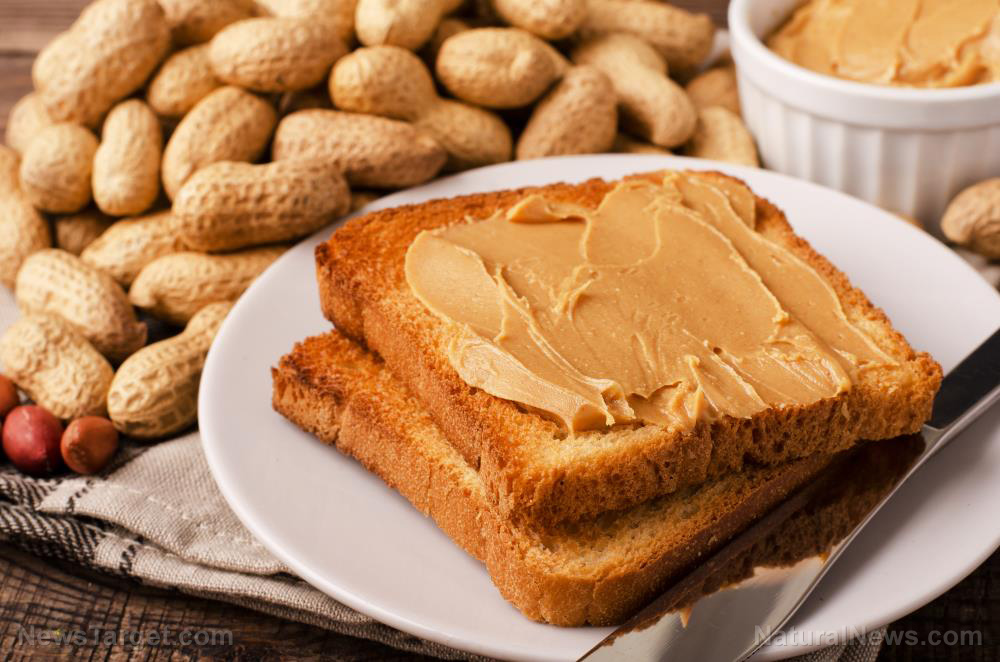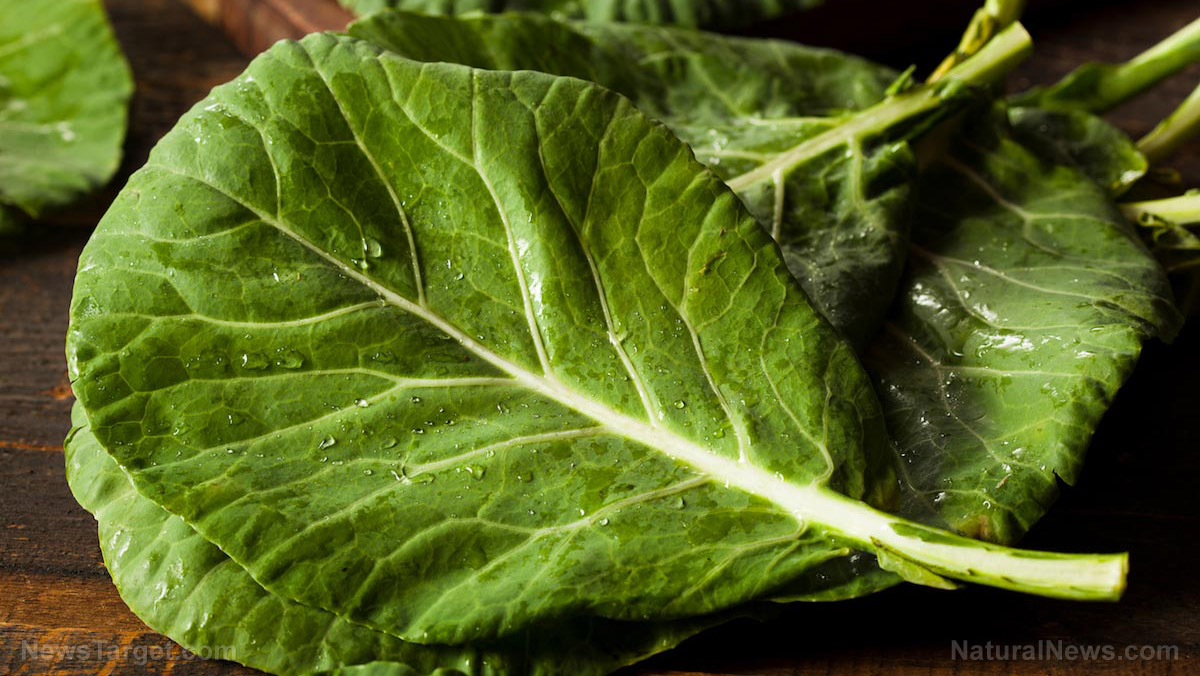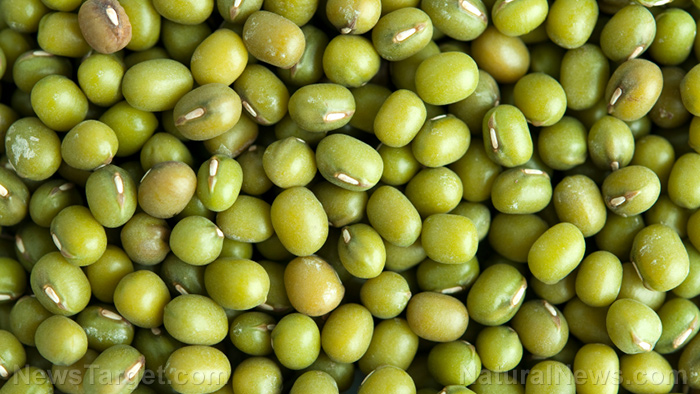Clove buds can help reverse the negative effects of binge drinking
03/13/2019 / By Michelle Simmons

Drinking alcohol has become a part of the lives of many people. Some drink to celebrate, while others drink when they’re feeling down. In some people, alcohol has even become a part of their diet. However, despite alcohol consumption being normalized, its side effects are undeniable.
A study carried out by Indian researchers suggest that clove buds can reduce the negative side effects of drinking alcohol, such as oxidative stress and inflammation. These negative effects are caused by the accumulation of acetaldehyde in the body after binge drinking. Acetaldehyde is the primary cytotoxin formed by the metabolism of alcohol that is also responsible for liver injury, extracellular matrix alterations, inflammation, and hangover in heavy drinkers.
For the study, the Indian researchers looked at the effect of clove bud extracts on the oxidative stress and inflammation caused by the buildup of acetaldehyde after binge drinking. They used a randomized, double-blinded crossover study involving 16 male social drinkers. The participants received either a capsule containing 250 milligrams (mg) of clove bud extract or a placebo once a day. After that, the participants drank 1 gram per kilogram (g/kg) body weight of alcohol per day. After a washout period of two weeks, the participants reversed their treatment regime.
The researchers also took blood samples from participants at 0, 0.5, 2, 4, and 12 hours after treatment with either placebo or clove bud extract and analyzed biochemical parameters. They also measured the severity of the hangover of the participants using a questionnaire.
The results of the study, which were published in the Journal of Medicinal Food, showed that the treatment with clove bud extract caused faster elimination of blood acetaldehyde compared to placebo treatment. It also dramatically reduced oxidative stress, lipid peroxidation, and inflammatory markers C-reactive protein and interleukin-6, as well as improved glutathione and superoxide dismutase. In addition, clove bud extract treatment reduced hangover severity by as much as 55 percent.
Based on these findings, the researchers concluded that clove bud extracts can be used to alleviate the negative side effects of drinking alcohol.
Other ways to reduce the effects of drinking
You can also minimize the side effects of drinking alcohol by following these tips:
- Eat avocado: Eating avocado, which is both rich in dietary fiber and good cholesterol, can help manage liver damage caused by alcohol, according to a study by the American Chemical Society researchers.
- Eat light-skinned fruits and vegetables: Drinking alcohol can increase the risk of stroke. Research has shown that eating light-skinned fruits and vegetables like apples, bananas, and cauliflowers can reduce your risk of stroke by more than half.
- Eat nuts: Eating nuts can help revitalize the skin that has been damaged by consuming alcohol. In an American Chemical Society study, researchers found that eating walnuts, which are loaded with powerful antioxidants, can rejuvenate the skin. Walnuts are also rich in omega-3 fatty acids, which can slow the effects of aging.
- Exercise: Exercise may help rejuvenate the brain after a night of drinking alcohol. A study conducted by Boulder University researchers found a link between aerobic exercise and a reversal of brain damage caused by heavy drinking.
- Increase your zinc intake: Alcohol adversely affects the immune system. To counteract these side effects, increase your zinc intake by eating zinc-rich foods like oysters. Zinc will help boost your immunity.
- Take a break: You may also want to consider quitting drinking. A study published in the journal Alcoholism found that two weeks of taking a break from alcohol can reverse brain damage caused by chronic alcohol abuse. (Related: Here are 5 science-backed benefits to quitting drinking.)
Read more news stories and studies on natural ways to counteract the negative effects of alcohol consumption by going to NaturalCures.news.
Sources include:
Tagged Under: acetaldehyde, alcohol hangover, alternative medicine, binge drinking, clove buds, Cloves, herbal medicine, Herbs, inflammation, medicinal plants, natural cures, natural medicine




















